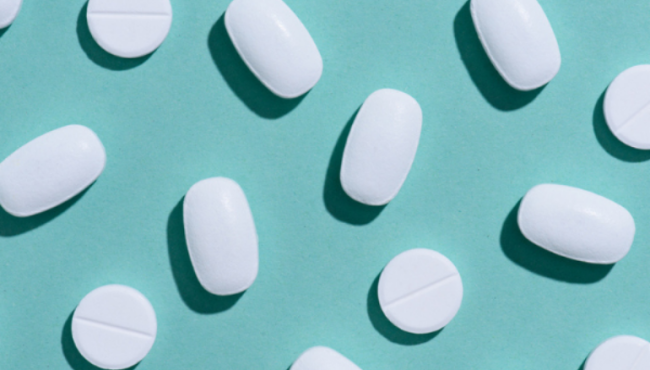
It’s been a decade since many Australians first became familiar with the term “peptides” during the Essendon Football Club and Cronulla Sharks doping scandals. And while peptides might not be making as many headlines these days, their use for purported benefits like muscle growth, injury recovery and anti-ageing hasn’t slowed down thanks to widespread social media endorsements. Peptides have become increasingly popular amongst professional and amateur athletes, bodybuilders and gymgoers, without strong evidence of advantages or even safety. Here’s what you need to know about peptides in Australia.
What are peptides?
A peptide is a chain of amino acids similar to but shorter than the proteins that make up the structure of our bodies (e.g. our nails, hair, muscles and skin). Peptides are made by some of the cells in your body and influence a variety of bodily processes, like supporting the immune system, stimulating growth and repair, and regulating metabolism. Some peptides are powerful regulators of muscle growth, and some synthetic drugs have similar actions in the body.
The growth-promoting and tissue-repair effects of some peptides have led to their use for performance or image enhancement. Common peptides used for these purposes include human growth hormone (HGH), insulin-like growth factor-1 (IGF-1), human chorionic gonadotrophin (HCG) and adrenocorticotrophin (ACTH). Peptides are often used in combination with anabolic steroids and as a part of “post-cycle therapy” to maintain gains while cycling off steroids.
The effects of peptides
There is not enough evidence to support the use of peptides to improve athletic performance. One review found that while human growth hormone increases muscle mass, it may not improve strength, it can worsen exercise capacity and increase your risk of experiencing swelling, fatigue, carpal tunnel syndrome, joint pain and sweating.
Health risks of peptides also include:
- Hypertension (high blood pressure)
- Heart attacks
- Thyroid problems
- Severe headaches
- Acromegaly (overgrown head, hands and feet)
- Diabetes
The effects of peptides wear off if you stop taking them, so any performance or image gains you achieve while using them will go away when you stop.
Are peptides legal in Australia?
In Australia, the use of peptides and synthetic drugs that increase growth hormone levels (known as growth hormone secretagogues) is only permitted for legitimate medical purposes as prescribed by a doctor or specialist. However, these drugs are not approved for performance and image enhancement purposes, and it is illegal for non-medical personnel to import these substances into Australia.
There is a long list of peptides that are prohibited by the World Anti-Doping Agency (WADA).










